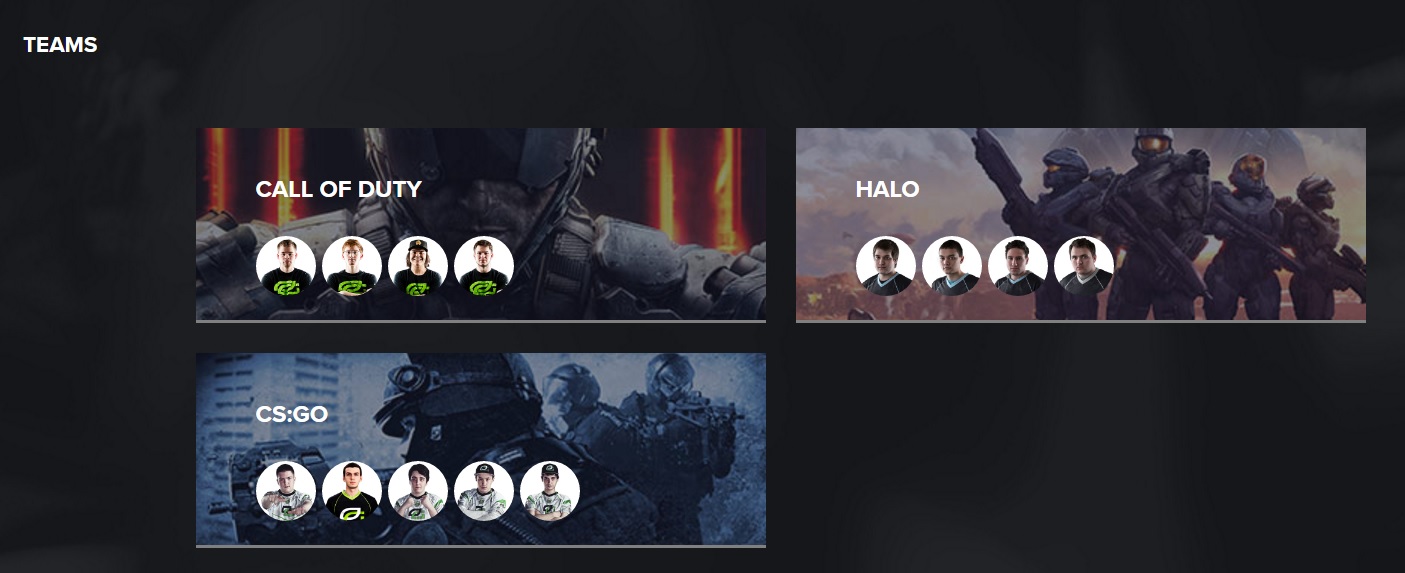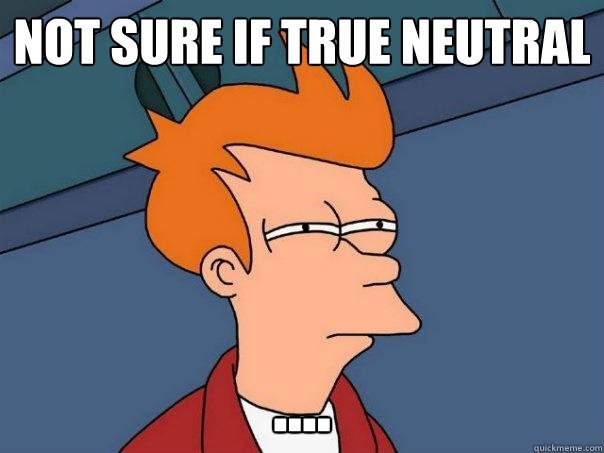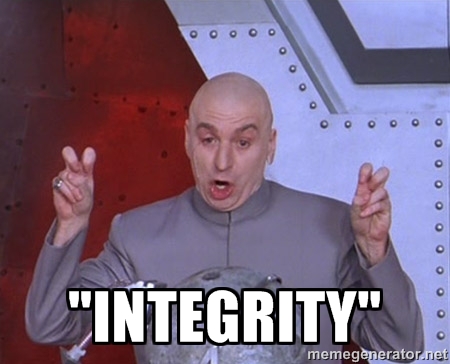To the casual gamer/fan, eSports can seem like nothing more than playing games for money. That may have been the case a few years ago, with limited league play available. Now, eSports and competitive gaming have grown to rival some professional sports.
With growth often comes complexity. The world of eSports is beginning to emulate pro sports leagues in many ways. The most important similarity could be the way eSports teams and players are sponsored, and exactly who is sponsoring them. To understand the situation a bit better, I’m going to dive into a few sports management topics.
The League/Franchise Model also applies to eSports
Let’s use the NFL as an example; all 32 teams are franchises. The owners are the franchisees. In short, each team is like its own business, and as long as they meet certain guidelines they can participate in the National Football League. The same thing applies to other companies like McDonald’s; Not every restaurant is owned directly by McDonald’s. A lot of them are owned by entrepreneurs called franchisees. The NBA, MLB, NHL, and NFL follow this business model (Major League Soccer follows a different structure with many similarities). Now, the pro sports league conversation has grown to include eSports.
Completely Different Structure
The current landscape of eSports is chaotic at first glance. There are several leagues around the world, some focusing on one game franchise, others on several games. Along with those leagues, there are dozens upon dozens of eSports organizations. Some groups stick with one league, like Major League Gaming, while others participate in several leagues simultaneously. This is mostly because the concept of a franchise differs significantly compared to a typical sports team. One eSports franchise can have several teams with each focused on one game.

Let’s say my organization, ASG Gaming has a Team CoD, Team LoL, and Team GoW. Team CoD just finished a season in MLG, and now wants to start a season in another league. Once qualified, nothing is stopping them from doing so. While Team GoW has never competed in the MLG. This is because eSports does not have one ‘Super Bowl’, or a mutual agreement between leagues to determine a world champion. Major League Baseball technically has two separate leagues, each with some minor rules differences (National and American), who have reached an agreement to have their best teams play in a World Series. Right now there is an open competition between leagues to see who will become the NBA of eSports.
Neutrality: The Golden Rule
The relatively unorganized system for eSports has managed to keep one major similarity to pro sports, and that’s the independently owned teams. The reason that leagues like the NFL don’t own teams is that it creates a conflict of interest. They might occasionally take financial control of a team if it’s current owners violate league terms (default on loans, severe capital loss) but they often sell it to a new owner as quickly as possible. This has happened in the NBA with the New Orleans Hornets. The Hornets were eventually sold and rebranded as the Pelicans. Was the NBA to maintain control of the team, how would it look if the team started winning a lot of games, or getting referee calls in their favor? Rather than even think about the problems and scandals that could cause, it’s in the league’s’ best interest to remain neutral.

The rule of neutrality applies to eSports teams, too. Activision Blizzard might own Major League Gaming, but it’s really nothing more than that. MLG allows players to compete in games from some of Activision’s publisher rivals like EA, Microsoft, and Take-Two. Now, that’s a smart business move on their part. MLG has a credit system where you pay real money to access tournaments for various games, no matter the publisher. This will most likely continue until publishers decide to institute a contract system. EA could easily limit it’s eSports participation to its own league, with a set number of teams that have agreed to a league franchise contract. Should that happen, and be successful for EA, others will follow. Some publishers could allow their games to be played in multiple leagues with the stipulation being they send their best teams to a mutual championship match at the end of the season.
Should a league organization or publisher take sides with one, or several teams by funding them, the notion that they’re being favored comes into play. There is a similar comparison in pro sports leagues with a salary cap. Basically, salary caps exist so one team cannot be unfairly stacked with the best players. With no system of checks and balances in place for eSports, one league could lure every notable team to it’s stable by supplying them with gear and paying them. As it stands, the prize pools are what attract the best teams.
Maintaining Integrity
If eSports is to continue its success, the leagues and publishers must preserve their credibility by remaining a neutral authority. Offering the same prizes and opportunities to all qualifying teams without directly sponsoring them will reinforce this integrity. Not only is this beneficial to the leagues and companies directly involved in making the games, but also the businesses that sponsor teams.

A company like Microsoft could easily fund a team and be the only sponsor on all their gear (like the Seattle Sounders). Without direct sponsorship, other companies are given the opportunity to display their logos on team jerseys, and just about anything associated with the team. As any business owner will tell you, that can be the difference between success and failure. It’s because of this that I realized just how many companies are creating products aimed at gamers. All those brands would have a much harder time fighting through obscurity were the big companies taking up space.
Maybe someday soon there will be courses and degree programs offered in eSports Management. Until that day arrives, I can only hope that everyone involved in eSports takes a page from those textbooks to make it at least as successful an entity as the NFL or NBA. The responsibility also falls to the teams and the owners of those teams. As enticing as it sounds, if a developer or publisher tries to sponsor one team over many, it’s in the best interest of the team to decline. Many, many companies will jump at the chance to put their logo next to your teams.
Do you agree that the game companies should remain a neutral authority? Would you major in eSports Management if it were offered? Does the idea of an ‘NFL of eSports’ appeal to you? Let us know in the comments below.






Published: Oct 31, 2016 06:46 pm